Categories
Top Posts

Legal Services
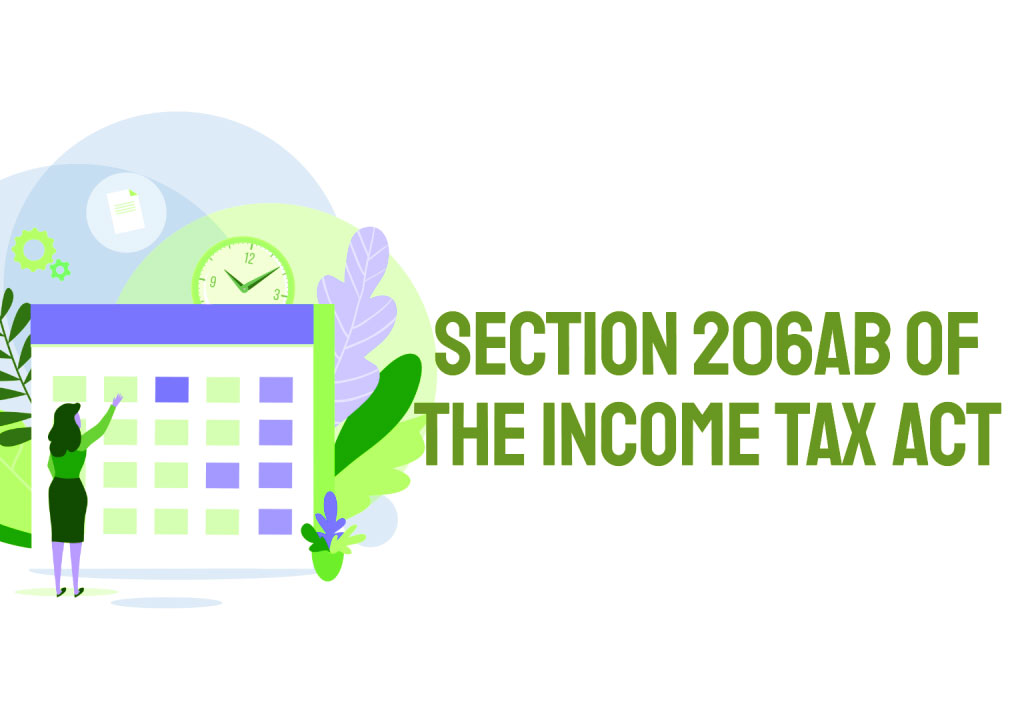
Taxpayers

GST Return Filing
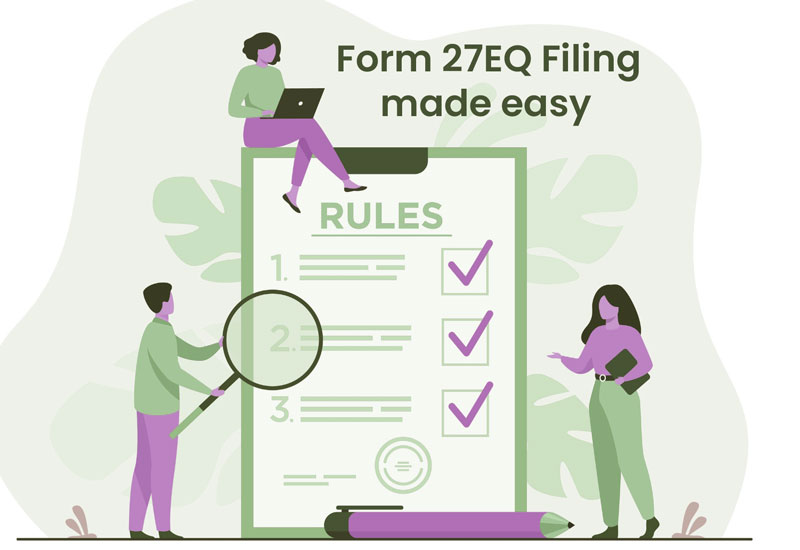
Legal Services

Legal Services

GST Registration
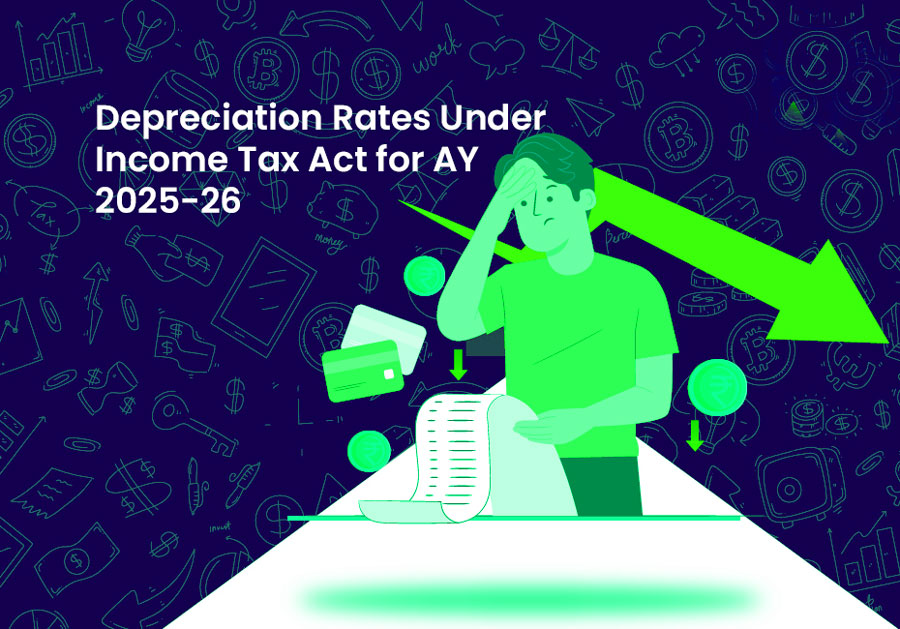
Taxpayers

Legal Services

Legal Services
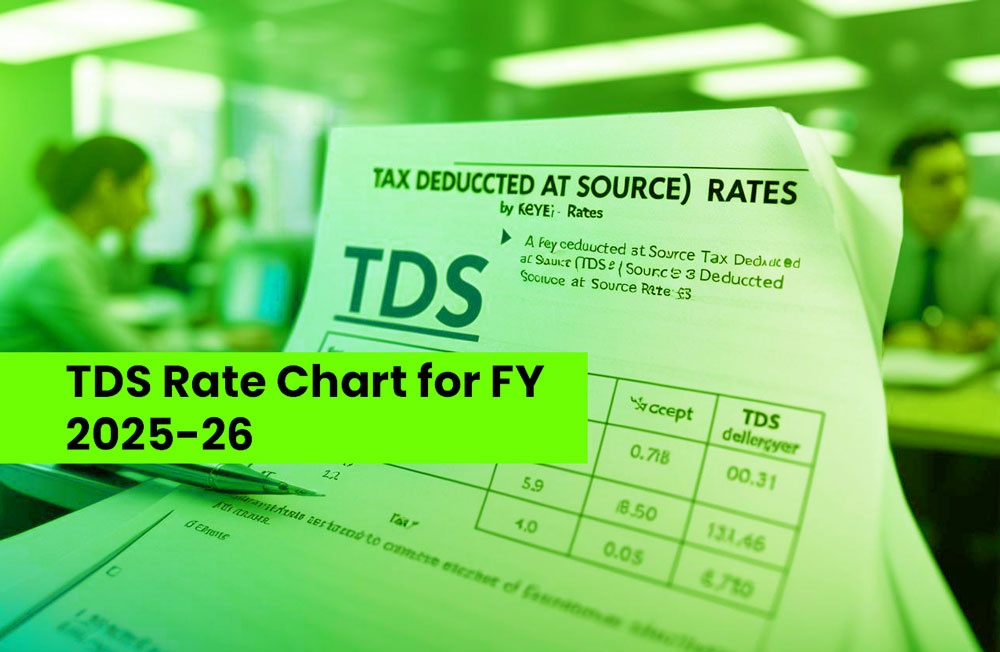
Taxpayers

Legal Services
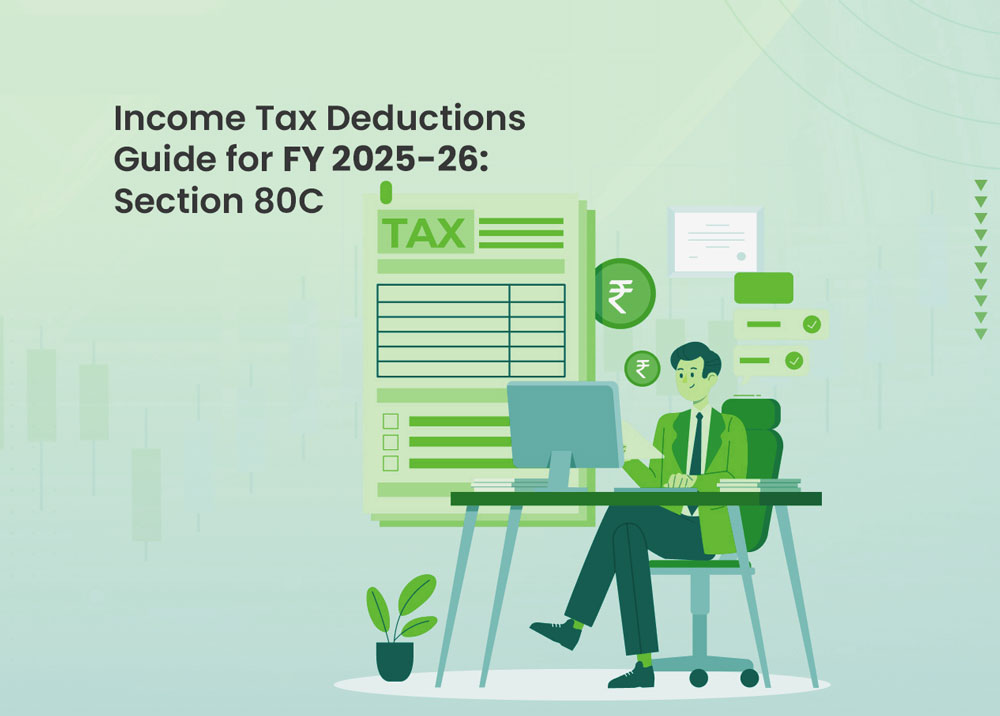
Taxpayers

Legal Services
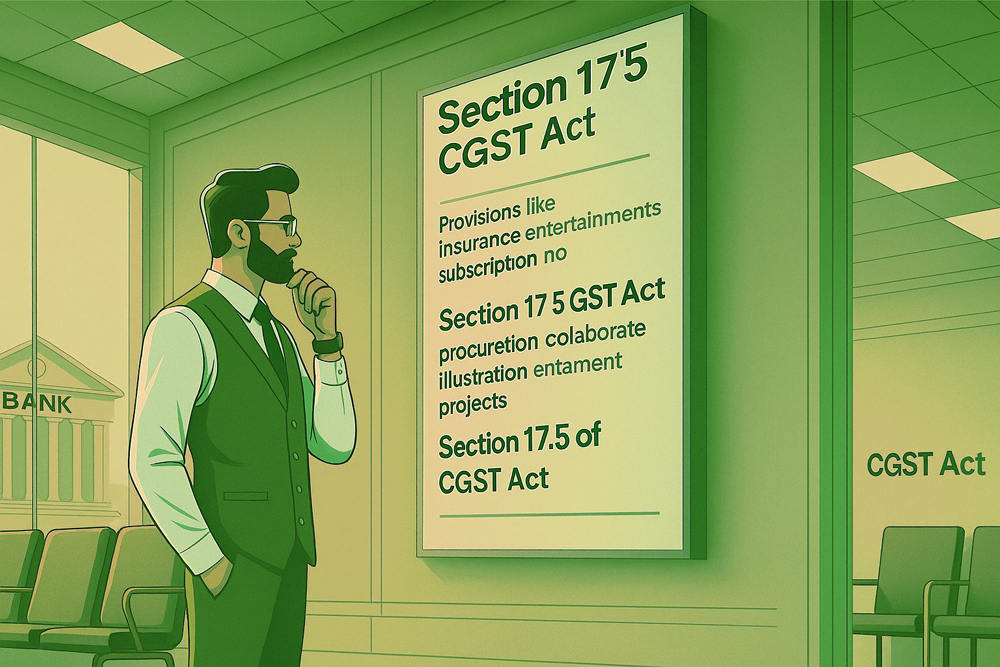
GST Registration
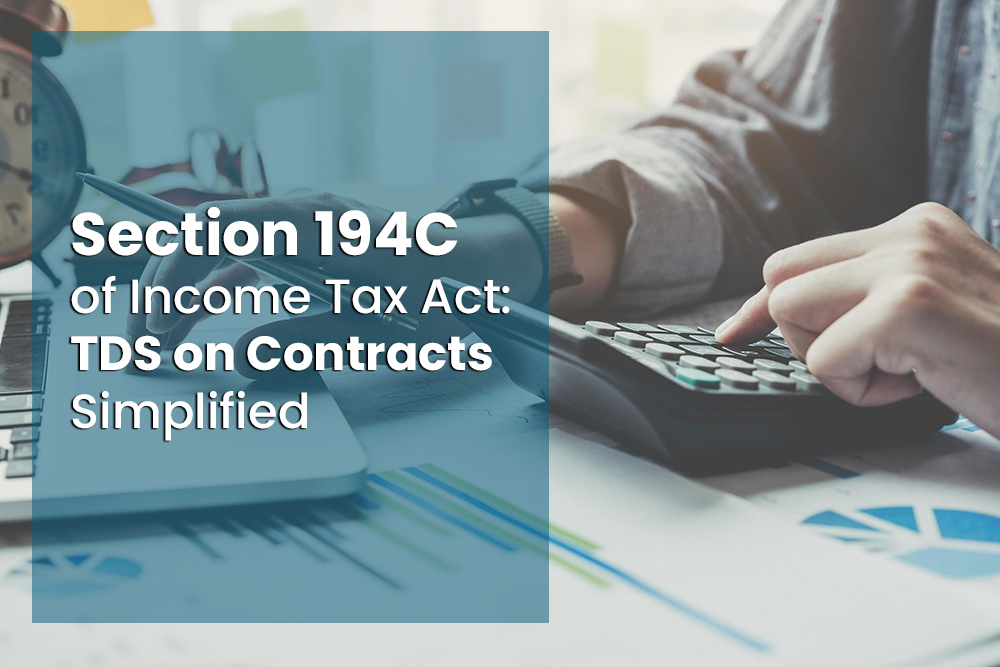
Taxpayers

Legal Services

Legal Services

Legal Services

Legal Services

Legal Services

EPR Management

EPR Management

Legal Services

Legal Services
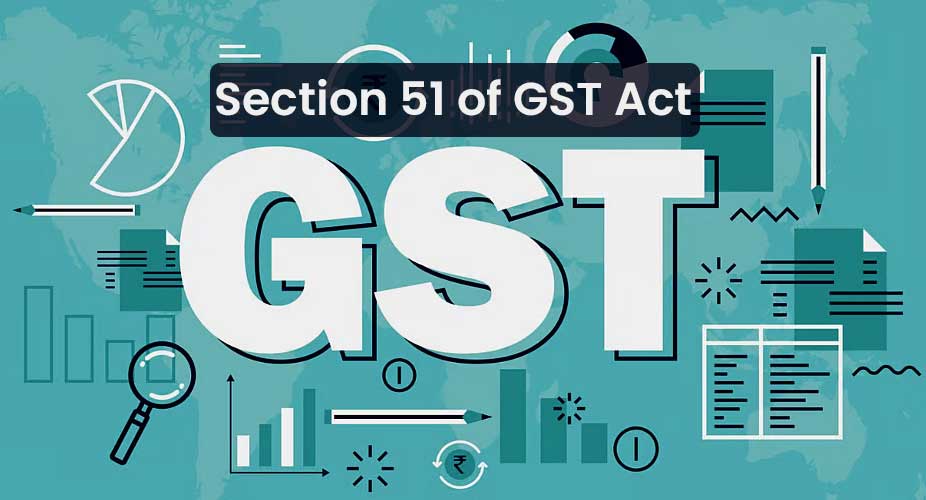
Taxpayers
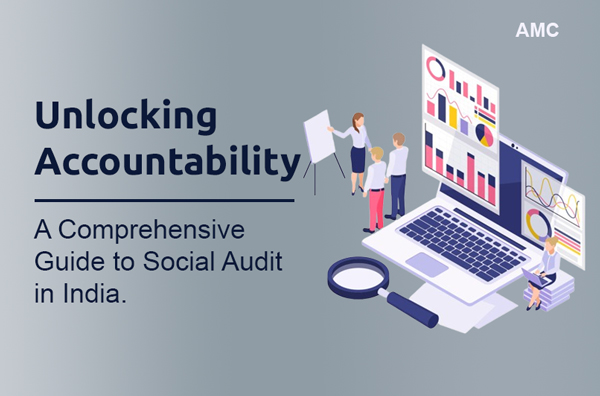
Social Audit

Taxpayers

GST Return Filing

Legal Services

Legal Services

Legal Services

GST Return Filing

GST Registration

Legal Services

A Complete Guide to Choosing Right ITR Form (FY 2024-25)
Posted: 9 months ago
Filing your Income Tax Return (ITR) is a crucial annual responsibility for every taxpayer in India. Choosing the correct ITR form for the Financial Year (FY) 2024-25 ensures accurate filing and helps avoid notices or penalties from the Income Tax Department. This guide breaks down the various ITR forms and helps you identify the right one based on your income sources, residency status, and other financial details.
Why Choosing the Right ITR Form Matters
Filing your return with the wrong ITR form can lead to rejection of your return or processing delays. It may also result in incorrect tax assessments or denial of refunds. Therefore, understanding which ITR form applies to you is essential for smooth and compliant tax filing.
Types of ITR Forms for FY 2024-25
The Income Tax Department has notified several ITR forms for different categories of taxpayers. Below is a simplified guide:
1. ITR-1 (Sahaj)
-
Who can file: Resident individuals with total income up to ₹50 lakh.
-
Income sources: Salary/pension, one house property, other sources (interest, etc.).
-
Who cannot file: Those with capital gains, foreign assets/income, more than one house property, or director in a company.
2. ITR-2
-
Who can file: Individuals and HUFs (Hindu Undivided Families) not having income from business or profession.
-
Income sources: Salary, house property, capital gains, foreign income/assets, etc.
-
Ideal for salaried individuals with capital gains or multiple house properties.
3. ITR-3
-
Who can file: Individuals and HUFs having income from business or profession.
-
Income sources: Income from proprietary business or profession, along with other sources like salary or capital gains.
-
Best suited for freelancers, consultants, or professionals.
4. ITR-4 (Sugam)
-
Who can file: Individuals, HUFs, and firms (other than LLP) opting for the presumptive taxation scheme under Sections 44AD, 44ADA, or 44AE.
-
Total income: Up to ₹50 lakh.
-
Who cannot file: If you have foreign income, capital gains, or are a director in a company.
5. ITR-5, 6, and 7
These forms are for firms, LLPs, companies, and trusts:
-
ITR-5: For LLPs, partnership firms, and AOPs.
-
ITR-6: For companies (except those claiming exemption under Section 11).
-
ITR-7: For trusts, political parties, institutions, etc., under specific sections of the Income Tax Act.
Key Considerations Before Choosing an ITR Form
-
Nature of income: Salary, capital gains, business income, rental income, etc.
-
Amount of total income.
-
Residential status (Resident/Non-resident).
-
Holding of foreign assets or income.
-
Whether you are a director in a company or have unlisted shares.
